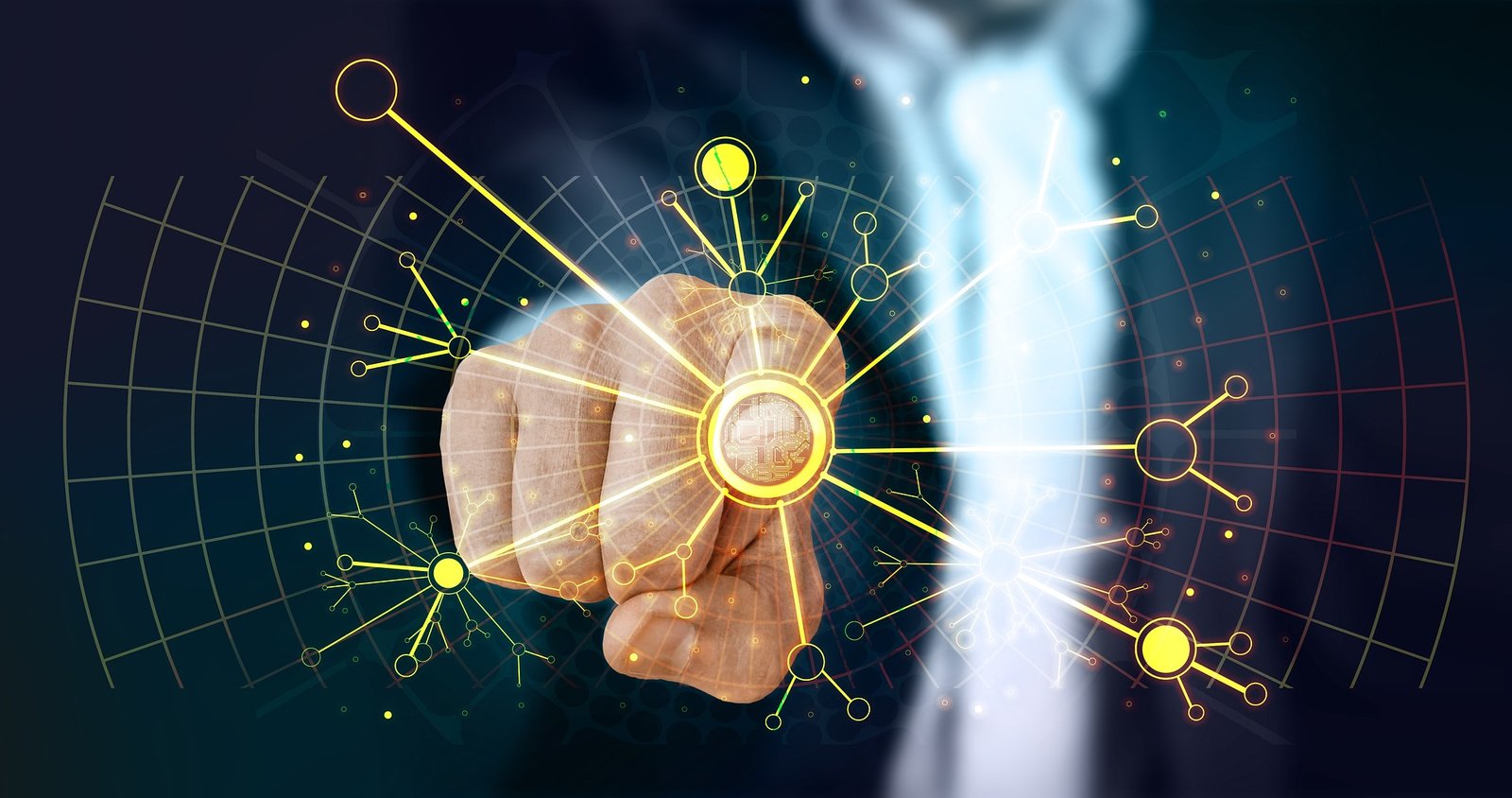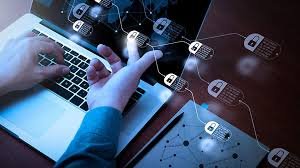
Job Portals Web Development Services
In today’s competitive job market, a well-designed and efficient job portal is essential for connecting employers with top talent. Job portal web development services provide businesses with customized platforms where job seekers can browse opportunities and employers can post vacancies, track applications, and manage recruitment processes.

LMS-Learning Management System(LMS Portal)
A Learning Management System (LMS) portal is a powerful platform designed to manage, deliver, and track educational courses and training programs. It offers features such as course creation, content delivery, assessments, and progress monitoring, making it easier for organizations to streamline learning and development. Ideal for both educational institutions and businesses, an LMS portal enhances the learning experience by providing easy access to courses, tracking learner progress, and facilitating communication and collaboration.

CRM Software Development
CRM software development focuses on creating systems that help businesses manage and improve customer relationships. By centralizing data, automating processes, and offering powerful analytics, CRM systems enhance sales, marketing, and customer support. The development process involves understanding business needs, designing tailored solutions, and ensuring integration with existing tools, ultimately helping companies boost efficiency, increase customer satisfaction, and drive growth.

E-Commerce Development
(E-commerce): Excerpts on product pages or category listings often serve as a brief description of the product, highlighting its key features and benefits. They encourage users to click through for more detailed information.

Custom Website Development
Custom website development involves creating a fully tailored website that meets the unique needs of a business or individual. Unlike template-based websites, custom development offers complete control over design, features, and functionality, allowing for a personalized online presence. The process includes planning, design, development, testing, and post-launch support, ensuring the site is scalable, secure, and optimized for performance. Key benefits include a bespoke design, enhanced user experience, SEO optimization, and the ability to integrate advanced features. While it requires a larger initial investment and more time, custom websites offer long-term advantages such as flexibility, security, and ownership, making them a valuable solution for businesses aiming for a unique digital presence.

Mobile Game Development
Mobile game development is the process of creating games for smartphones and tablets, involving stages such as concept design, programming, testing, and marketing. With a focus on user experience and various monetization strategies like in-app purchases and ads, it has become one of the largest sectors in the gaming industry. Developers continue to innovate with emerging technologies such as augmented reality (AR), virtual reality (VR), and cloud gaming, ensuring that mobile games remain engaging and accessible to a global audience.

